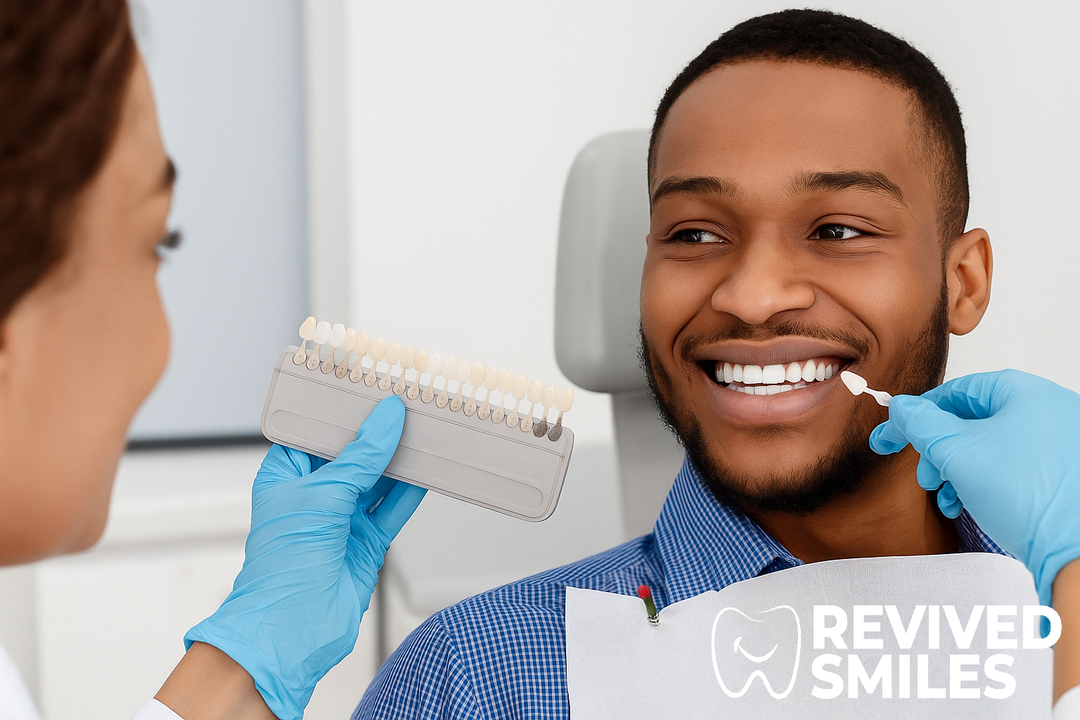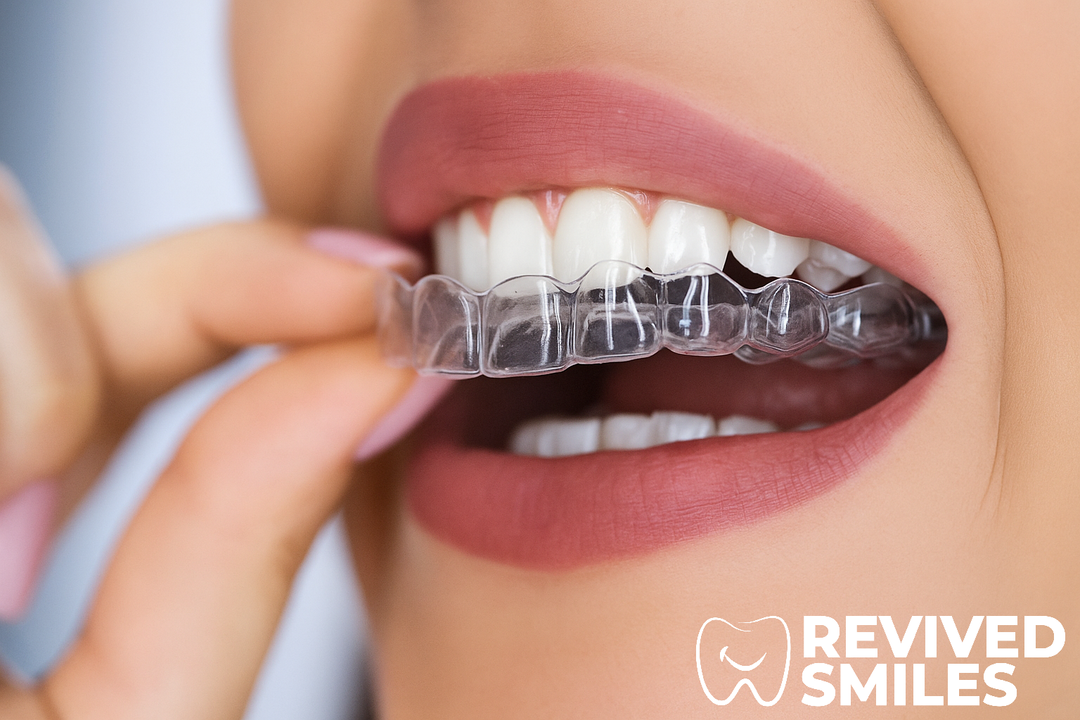How Dentures Can Save Your Oral Life: A Comprehensive Guide

Are you struggling with missing teeth, difficulty chewing, or declining oral health? Dentures could be the solution that saves your oral life. Whether you're missing several teeth or need a full set of replacements, dentures offer a reliable and effective way to restore your smile, improve your oral function, and boost your overall confidence. In this guide, we'll explore how dentures can transform your oral health and why they might be the right choice for you.
What Are Dentures?
Dentures are removable dental appliances designed to replace missing teeth and surrounding tissues. They come in two main types: complete dentures, which replace all teeth in an arch, and partial dentures, which fill in gaps where some natural teeth remain. Modern dentures are crafted from durable, natural-looking materials that mimic the appearance of real teeth, providing both functional and aesthetic benefits.
How Dentures Can Save Your Oral Health
Missing teeth can lead to a host of oral health issues, from difficulty eating and speaking to bone loss and changes in facial structure. Dentures can help mitigate these problems and provide several key benefits:
1. Restores Chewing Function
One of the most immediate and significant benefits of dentures is the restoration of chewing function. Missing teeth can make it difficult to eat a balanced diet, leading to nutritional deficiencies and digestive issues. Dentures allow you to chew food properly, enabling you to enjoy a wider variety of foods and maintain a healthy diet.
2. Improves Speech
Teeth play a crucial role in speech, helping to form sounds and pronounce words clearly. Missing teeth can cause slurred speech or difficulty pronouncing certain words. Dentures fill in the gaps, allowing you to speak more clearly and confidently.
3. Prevents Bone Loss
When teeth are missing, the jawbone can begin to deteriorate due to a lack of stimulation. This bone loss can lead to changes in facial structure, causing a sunken appearance and premature aging. Dentures help maintain the structure of your jaw by providing the necessary stimulation to keep the bone healthy.
4. Enhances Appearance
A full set of teeth is essential for maintaining the natural shape of your face and smile. Dentures are custom-made to fit your mouth, restoring your appearance and boosting your self-confidence. Modern dentures are designed to look and feel like natural teeth, ensuring that your smile remains as close to your original as possible.
5. Prevents Remaining Teeth from Shifting
If you have some remaining natural teeth, partial dentures can prevent these teeth from shifting into the gaps left by missing teeth. This helps maintain proper alignment and prevents further oral health issues, such as bite problems and additional tooth loss.
6. Affordable and Accessible
Compared to other dental restoration options like implants or bridges, dentures are often more affordable and accessible. They provide an effective solution for individuals who need to replace multiple teeth without undergoing invasive surgery or extensive dental work.
Common Misconceptions About Dentures
Despite their many benefits, some people have reservations about getting dentures due to common misconceptions. Here are a few myths debunked:
Myth 1: Dentures Are Uncomfortable
While it’s true that there may be an adjustment period when first getting dentures, modern dentures are designed for comfort. With the right fit and proper care, dentures can be comfortable to wear, allowing you to go about your daily life with ease.
Myth 2: Dentures Look Fake
Today’s dentures are made from advanced materials that closely mimic the appearance of natural teeth and gums. They are custom-crafted to match the size, shape, and color of your natural teeth, resulting in a realistic and aesthetically pleasing appearance.
Myth 3: Dentures Are Only for Older Adults
While dentures are commonly associated with older adults, they can benefit anyone who has lost multiple teeth due to injury, decay, or other dental issues. Dentures are a versatile solution suitable for individuals of all ages who need to restore their oral health.
How to Care for Your Dentures
Proper care and maintenance of your dentures are essential for ensuring their longevity and keeping your mouth healthy. Here are some tips for taking care of your dentures:
1. Clean Your Dentures Daily
Just like natural teeth, dentures need to be cleaned daily to remove food particles and prevent plaque buildup. Use a soft-bristled toothbrush and non-abrasive denture cleaner to gently brush your dentures. Avoid using regular toothpaste, as it can be too abrasive and damage the denture material.
2. Soak Your Dentures Overnight
When you’re not wearing your dentures, keep them moist by soaking them in water or a denture-soaking solution overnight. This helps prevent the material from drying out and losing its shape.
3. Handle with Care
Dentures can break if dropped, so it’s important to handle them with care. When cleaning or removing your dentures, do so over a soft surface or a sink filled with water to cushion any accidental drops.
4. Regular Dental Check-Ups
Even with dentures, it’s important to maintain regular dental check-ups. Your dentist will monitor the fit of your dentures, check your oral health, and make any necessary adjustments to ensure your dentures continue to function properly.
Conclusion: Revived Smiles—Your Partner in Oral Health
Dentures are more than just a solution for missing teeth—they can truly save your oral life. By restoring function, enhancing appearance, and preventing further oral health issues, dentures play a vital role in maintaining your overall well-being.
If you’re considering dentures or need to replace your current ones, Revived Smiles is here to help. We specialize in providing high-quality partial dentures and full dentures tailored to your specific needs. Our expert team is dedicated to helping you achieve a healthy, beautiful smile that you can be proud of.
Visit Revived Smiles today to explore our range of denture options and take the first step toward restoring your oral health and confidence.





Leave a comment